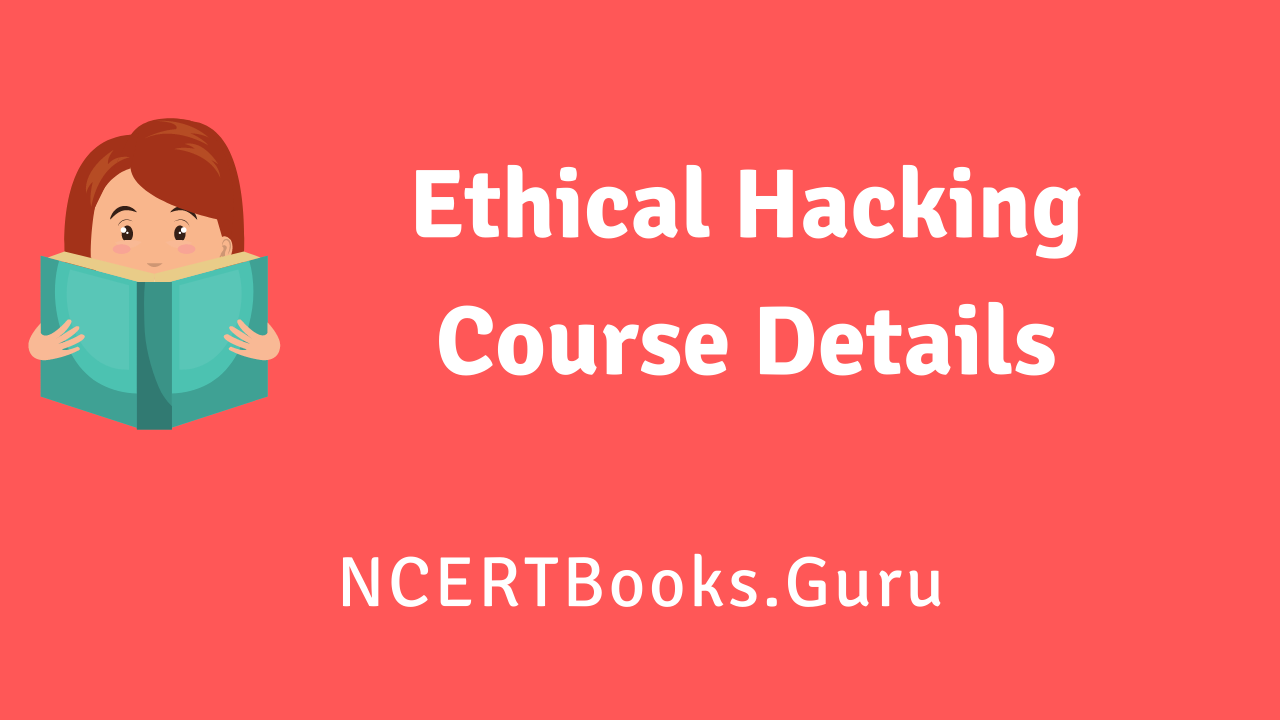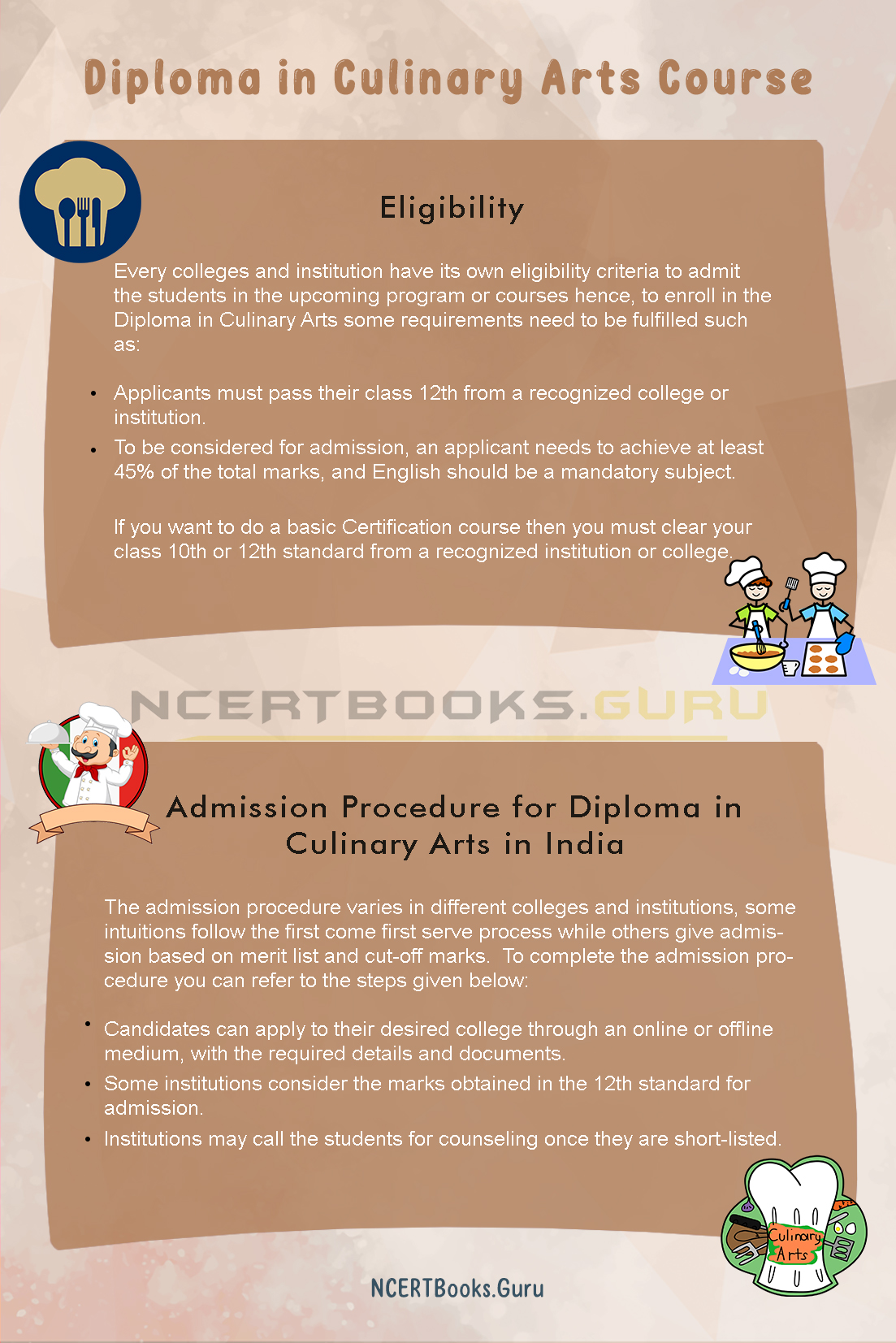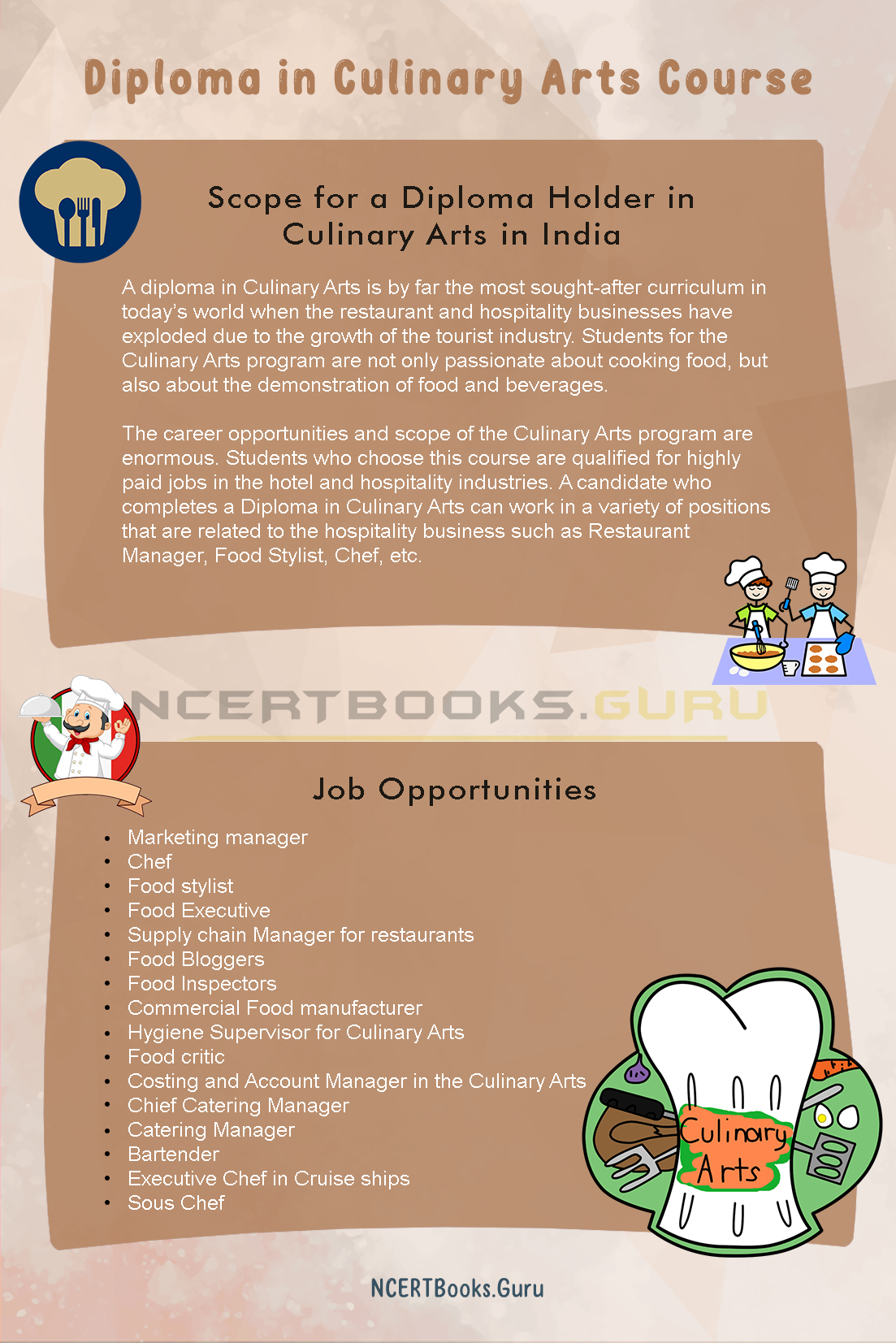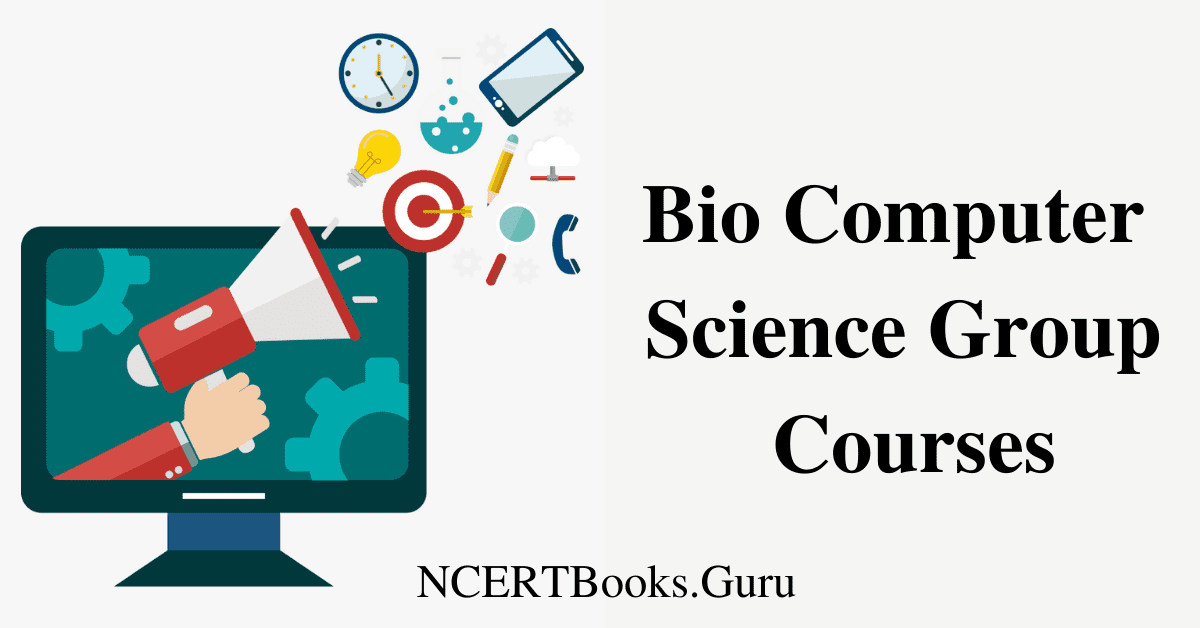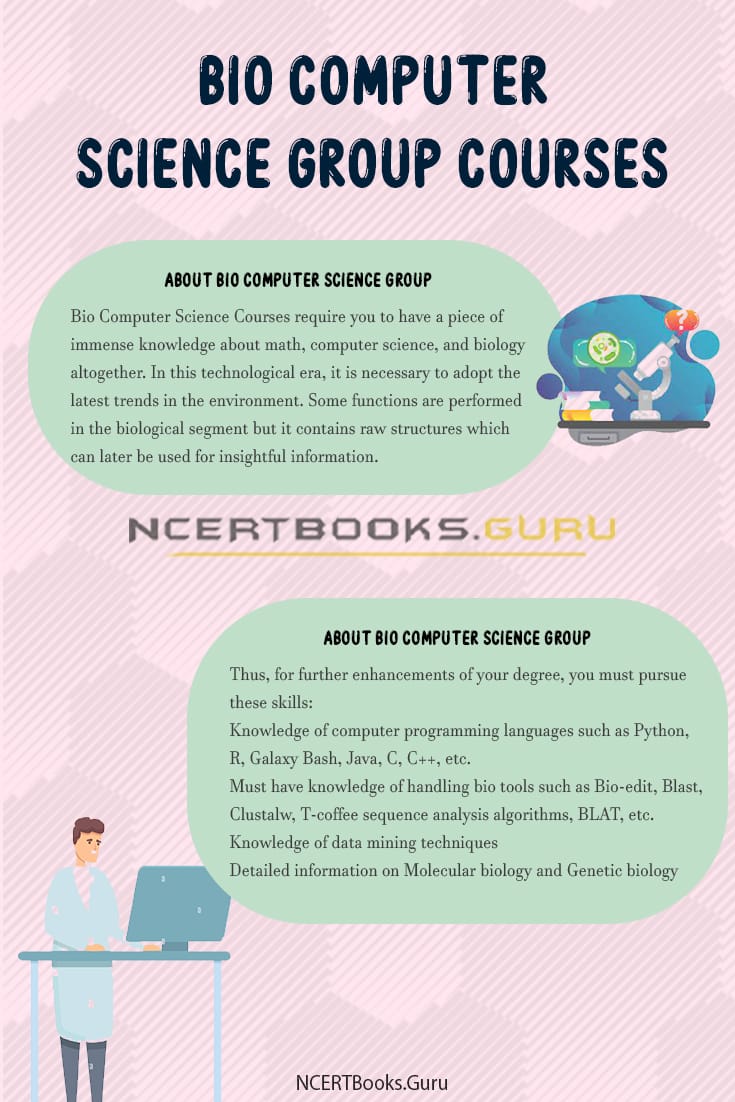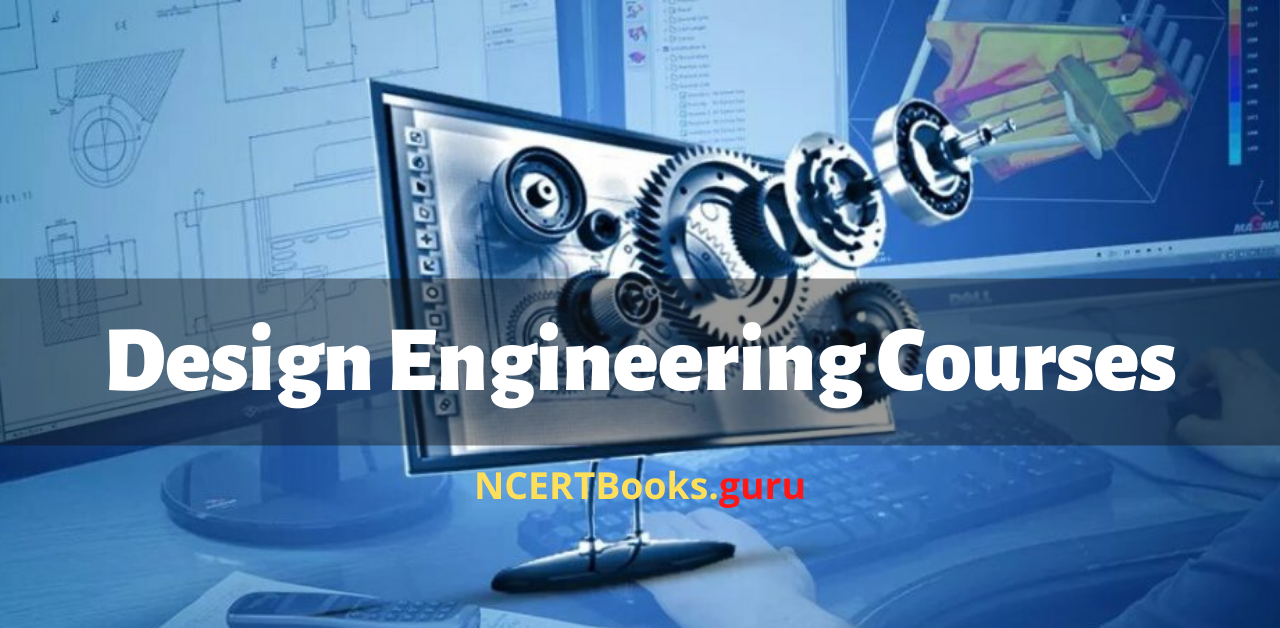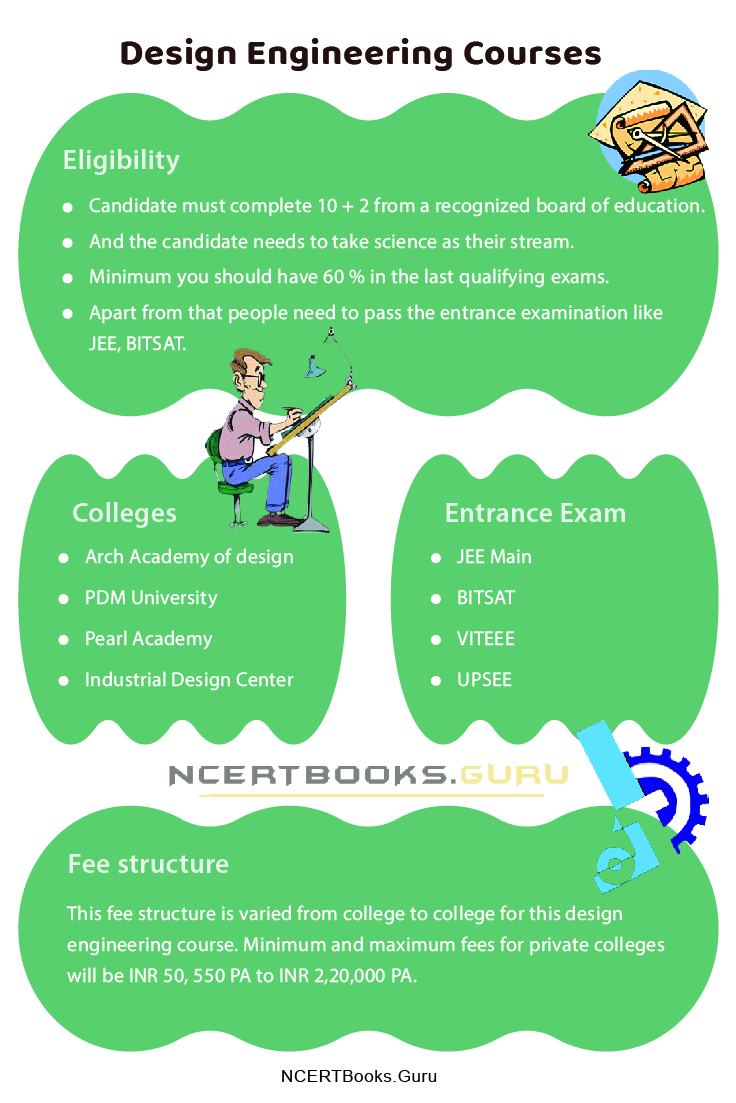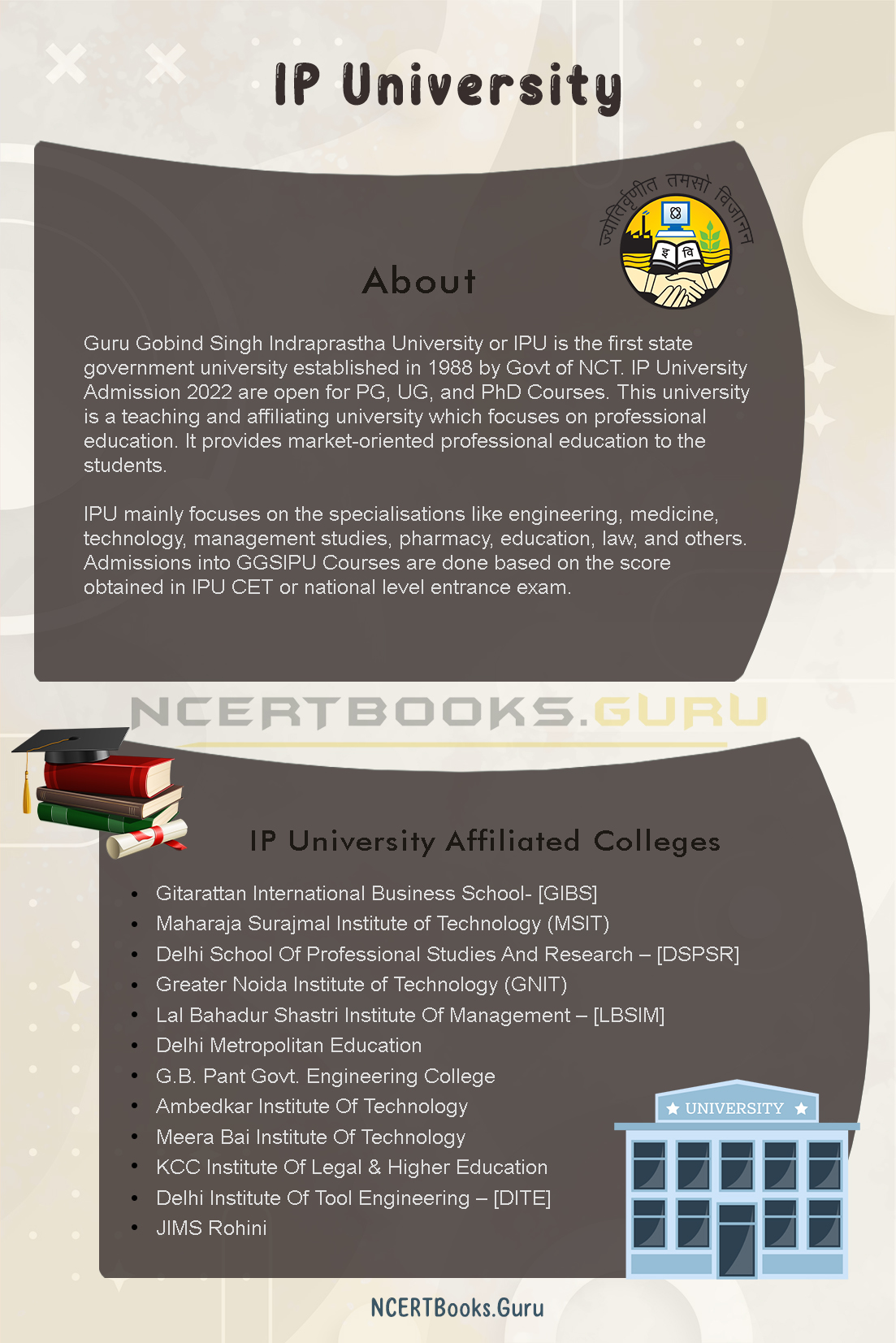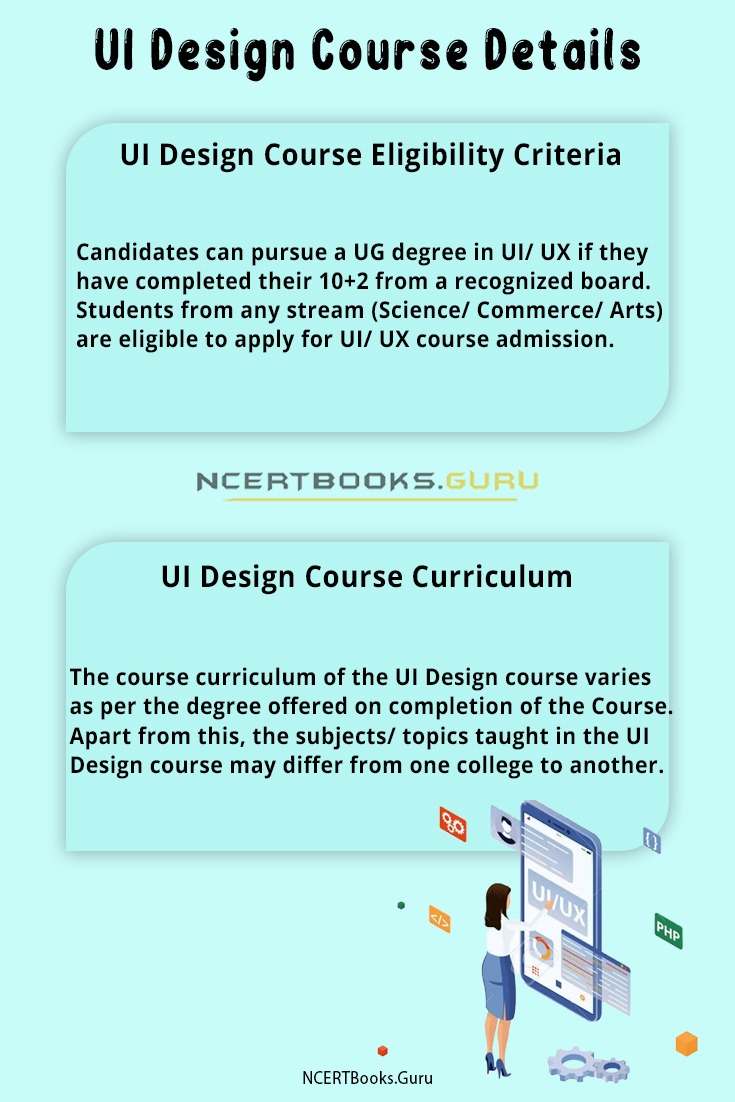Ethical Hacking Course Details: India is known for its Hack-hor-hire-hub platform. Hacking has led to the harm of confidential and sensitive data and information. Therefore, corporates and companies hire professionals known as Ethical Hackers.
Ethical hackers figure a loophole in the security system and make them stronger. They perform the same task as a hacker, but ethical hackers as the name state, they do it legally. A simple portrayal is that they aid organizations to identify the bugs in the security systems and fix them prior.
Get to Know More about other types of Course Details in Streamwise, and Category wise.
- A Brief on Ethical Hacking Courses
- Constituents of Ethical Hacking
- Types of Ethical Hacking Courses
- Technical Skillset Required for Ethical Hacking Course Details
- Ethical Hacking Course Details Overview
- Ethical Hacking Certifications
- Ethical Hacking Courses Eligibility
- Ethical Hacking Courses Admission Process
- Ethical Hacking Course Fees and Duration
- Institutional Ethical Hacking Course
- Ethical Hacking Course Syllabus
- Career Prospects of Ethical Hacker
- Areas of Employment
- Job Profiles Under Ethical Hacking Courses
- Ethical Hacker Salary
- FAQ’s on Ethical Hacking Course Details
- Summary of Ethical Hacking Course Details
A Brief on Ethical Hacking Courses
Ethical hacking is defined as the hacking of computer systems with legal permissions, and hacking is referred to as the process of accessing and gaining an organization’s confidentialities through the vulnerable spots in the computer systems. Hacking is a malicious activity and ranges from stealing sensitive information to deleting essential files.
An organization often uses ethical hacking. It employs certified ethical hackers to infiltrate their computer and electronic security systems to detect and rectify the coding flaws, loopholes, vulnerabilities, or discrepancies.
Ethical hacking is practiced, followed by every software company as a precautionary step against legitimate hackers with malicious intent. Ethical hackers counteract and fix all the coded flaws with the organization’s permission and make the software network stronger and unhackable.
However, it is essential to remember that hacking without permission is illegal and can lead to extreme consequences if caught. Illegal hacking holds provisions of years of imprisonment, and people found guilty of unethical hacking, or any other cyber-crime is punishable by law as a criminal offense.
Constituents of Ethical Hacking
An ethical hacker must abide by the following rules :
- An ethical hacker must acknowledge and respect a company or an individual’s privacy.
- An ethical hacker is imported to give written permission to probe the network and aim to identify potential security risks of an organization.
- Ethical hackers must let the hardware manufacturer or the software developer know of any of the security breaches or vulnerabilities in the hardware or the software.
- Ethical hackers are responsible for their work and must not irresponsibly leave any of the information open for another unknown identity to exploit and pose a threat to the company.
Types of Ethical Hacking Courses
There are several types of ethical hacking, such as:
- Web application Hacking
- Social Engineering
- System Hacking
- Wireless Network Hacking
- Web Server Hacking
Technical Skillset Required for Ethical Hacking Course Details
With the evolution of technology, Ethical hacking professionals need to stay updated with the latest advancements to cushion against world cyber threats. Check other Cyber Security Course details. Here are the following skills that make every ethical hacking professional an in-demand expert in the field:
- Individuals must possess a working knowledge of various operating systems.
- Sound working knowledge of the latest penetration software
- Sound working knowledge of software servers like Microsoft and Linux servers, Cisco network switches, virtualization, and Citrix, and Microsoft Exchange.
- Extensive experience in the area of network security
- Have in-depth knowledge of Networking and SQL
- Strong programming skills
- Sound knowledge of all common cyber crimes
Ethical Hacking Course Details Overview
| Name of the course | Ethical Hacking Course |
| Course Type | Bachelor’s, Master’s, Diploma, Certificate Course, and online courses |
| Course Duration | The course duration fluctuates between three months to three years |
| Eligibility Criteria | Bachelor’s degree in IT or related field, and in some cases job experience |
| Admission Process | The admission process is conducted via an entrance examination |
| Course Fees Structure | Rs 40,000 to Rs. 60,000 per annum |
| Career Prospects | Ethical Hacker, Information Security Analyst, Penetration Tester, Information Security Manager, Security Consultant |
| Average Salary | Rs 5.00 Lakhs per Annum |
Ethical Hacking Certifications
Given below are a few popular ethical hacking international certifications:
- Certified Ethical Hacker – EC Council
- GIAC Certified Penetration Tester by SAN & GIAC
- Certified Hacking Forensic Investigator – EC Council
- Certified Intrusion Analyst – GCIA
Ethical Hacking Courses Eligibility
- To deem eligible for admission as an ethical hacker, it is essential to hold a Bachelor’s Degree in IT such as B.Sc or BCA or B.E or B.Tech either in Computer Science or Informational Technology.
- Candidates holding an advanced diploma course program in relevant technology or network security can also opt for ethical hacking as their professional career.
- A certification course from reputed institutions enhances the possibility of getting employed as a profession by some big corporations.
- However, reputed individual institutions conduct admissions is based on entrance examinations such as IIT-JEE, CET, etc.
Ethical Hacking Courses Admission Process
Candidates wishing to apply for admission for any of the Ethical Hacking course programs must take and qualify the entrance examination designed explicitly for the course by the institution.
Those candidates who have certified the entrance examination are eligible for the admission process. Some reputed institutions consider the number of years held as work experience to enroll the aspiring candidates in Ethical Hacking course programs.
Ethical Hacking Course Fees and Duration
On average Ethical Hacking Course Fees structure is about Rs.10,200. Ethical hacking course duration is 8 months.
Institutional Ethical Hacking Course
Below given are a few institutions and the Ethical Hacking courses offered by them.
| Institute Name | Ethical Hacking Course Offered |
| DOEACC or NIELIT, Calicut | PG Diploma in Information Security and System Administration |
| Reliance World Outlets | Ankit Fadia Certified Ethical Hacker Course |
| Institute of Information Security | CISSP Training Certified Professional Forensic Consultants Certified Information Security Consultant Certified Professional Hacker |
| The University of Madras, Chennai | MSc in Cyber Forensic and Information Security |
| International Institute of Information Technology (IIIT), Hyderabad | MTech in Computer Science and Information Security |
| SRM University, Chennai | MTech in Information Security and Computer Forensic |
| Kalasalingam University, Virudhunagar | MTech in Information Assurance and Security |
However, other institutions that offer course programs on Ethical Hacking are as follows:
- K-Secure IT Security Services, Mumbai
- Ankit Fadia Certified Ethical Hacking Course at multiple centers
- Indian School of Ethical Hacking, Kolkata
- Institute of Information Security, Mumbai, Chandigarh
- Appin Technology Lab, Delhi at multiple centers
The programs on Ethical Hacking are bound to change, and therefore, it is advisable to check directly with an institution for current program availability.
Also, Find
Ethical Hacking Course Syllabus
The course curriculum for Ethical Hacking courses varies based on the level and type of courses. However, the generic course curriculum for Ethical Hacking courses are as follows:
Ethical Hacking
- Cyber Ethics-Hacking Introduction
- Information Gathering part one
- Information Gathering part two
- Scanningcourse part one
- Scanning course part two
- Virus, Worms – Virus Analysis
- Social Engineering
- Trojans and Backdoors
- Sniffers and keyloggers
- Google Hacking Database
- HoneyPots
- Email, DNS, IP spoofing
- System Hacking & Security
Website Hacking and Security
- Vulnerability Research
- XSS Attacks and Countermeasures
- SQL Injection Part one
- SQL Injection Part two
- LFI or RFI Attacks and Countermeasures
- Buffer Overflow and Session Hijacking Attacks
- Vulnerability Assessment and Penetration Testing
- Information Disclosure Vulnerabilities
- Secure Coding Practices
- Buffer Overflow and Session Hijacking Attacks
- Exploit Writing
Mobile and Wireless Security
- SMS Forging and Countermeasures
- Wireless Hacking and Security
- VoIP Hacking and Countermeasures
Career Prospects of Ethical Hacker
India is experiencing an increasing rate of intrusion into the computer systems. This condition has stimulated several big corporates, governmental organizations, and financial institutions to recruit ethical hackers as a part of their IT teams.
Using ethical hackers helps organizations identify vulnerabilities, flaws, breaches, and even security leaks of the computer systems to protect all classified data and information from any potential threat. So, a career in ethical hacking has promising prospects with the evolution of time.
A recent survey conducted by the International Data Corp stated that there is a worldwide demand for about 60,000 ethical hacking professionals. In India, the increat=e rate is expected to grow over 77,000 and 188,000 across the globe in the next few years.
A graduate degree in Computer Science or Information Technology with certification in Ethical Hacking or any related courses ensures a viable and high chance of holding a promising career in well-established companies.
Once recruited, ethical hackers have a promising career ahead. However, with time and experience, the career of database administrators may advance into high managerial positions.
Areas of Employment
Qualified and skilled ethical hackers hold a vast scope in the field under some big corporations in the IT firm. Candidates who have qualified and completed the ethical hacking courses can work in a spectrum of organizations such as:
- Big corporations, MNCs such as Infosys, Wipro, Dell, IBM, Google, Reliance, Accenture, etc.
- Governmental sectors such as Defence, Nuclear, and Energy sections
- Universities and Schools
- IT security team
Job Profiles Under Ethical Hacking Courses
A qualified and skilled hacker can work as a freelancer. However, when employed under big corporates, a Certified Ethical Hacker (CEH) can apply for the following positions:
- Site Administrator
- Ethical Hacker
- Network Security Specialist
- Penetration Tester
- IT Security Consultant
- Cyber Security Expert
- Computer Forensic Analyst
- IT Security Consultant
- IT Auditor
- Network Engineer
- IT Security Specialist
Ethical Hacker Salary
In the current scenario, a fresher Ethical Hacker gets an average of Rs 4.8 lakh per annum pay package (₹ 20,000 to 25,000 per month). However, candidates who hold higher academic qualifications and a great work experience draw up to Rs 30 lakh per annum (50,000 to 60,000 per month), in well-established corporate firms.
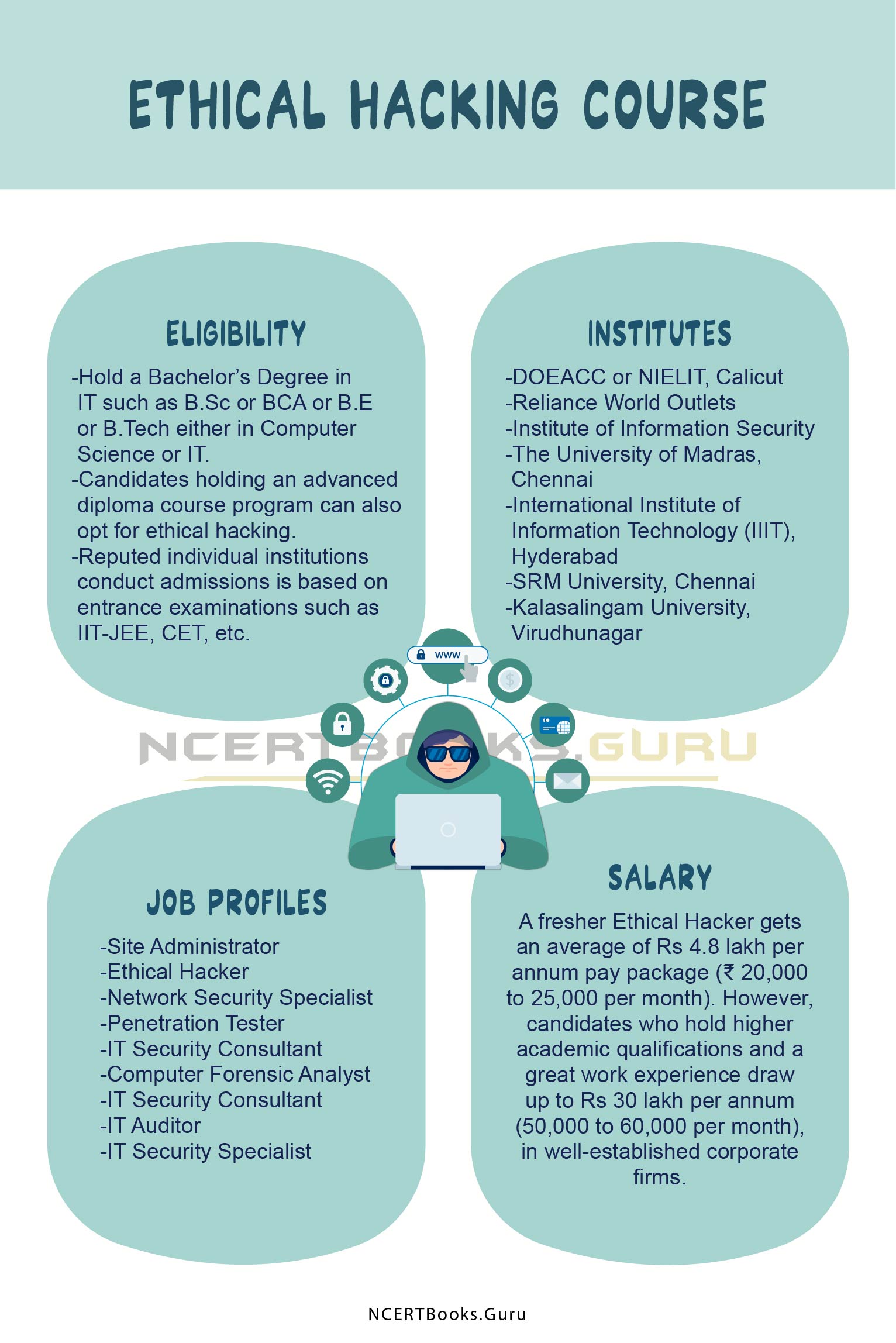
FAQ’s on Ethical Hacking Course Details
Question 1.
What scope do the Ethical Hacking courses offered in India?
Answer:
Ethical hacking handles risk evaluation, auditing, and counter-frauds to detect any vulnerabilities or risks. Ethical Hackers take corrective measures against any attacks on the security system. Qualified and skilled ethical hackers hold a vast scope in the field under some big corporations in the IT firm. In the current scenario, a fresher Ethical Hacker gets an average of Rs 4.8 lakh per annum pay package.
Question 2.
What are the available types of Ethical Hacking?
Answer:
There are several types of Ethical Hacking, such as Web application Hacking, Social Engineering, System Hacking, Wireless Network Hacking, and Web Server Hacking
Question 3.
What is the eligibility factor for a candidate to apply for Ethical Hacking courses?
Answer:
The eligibility criteria differ for course type and level. However, the standard criteria to be met by applicants are:
- To deem eligible for admission as an ethical hacker, it is essential to hold a Bachelor’s Degree in IT such as B.Sc or BCA or B.E or B.Tech either in Computer Science or Informational Technology.
- Candidates holding an advanced diploma course program in relevant technology or network security can also opt for ethical hacking as their professional career.
- A certification course from reputed institutions enhances the possibility of getting employed as a profession by some big corporations.
- However, reputed individual institutions conduct admissions is based on entrance examinations such as IIT-JEE, CET, etc.
Summary of Ethical Hacking Course Details
We hope that the information mentioned above regarding ethical Hacking Course Details has helped improve your understanding of the subject with in-depth knowledge.
